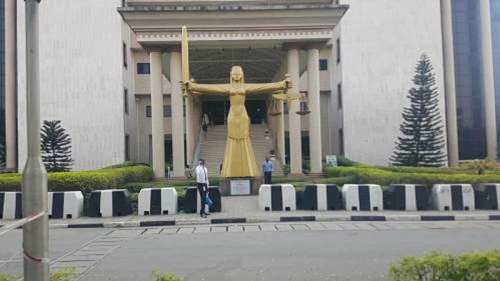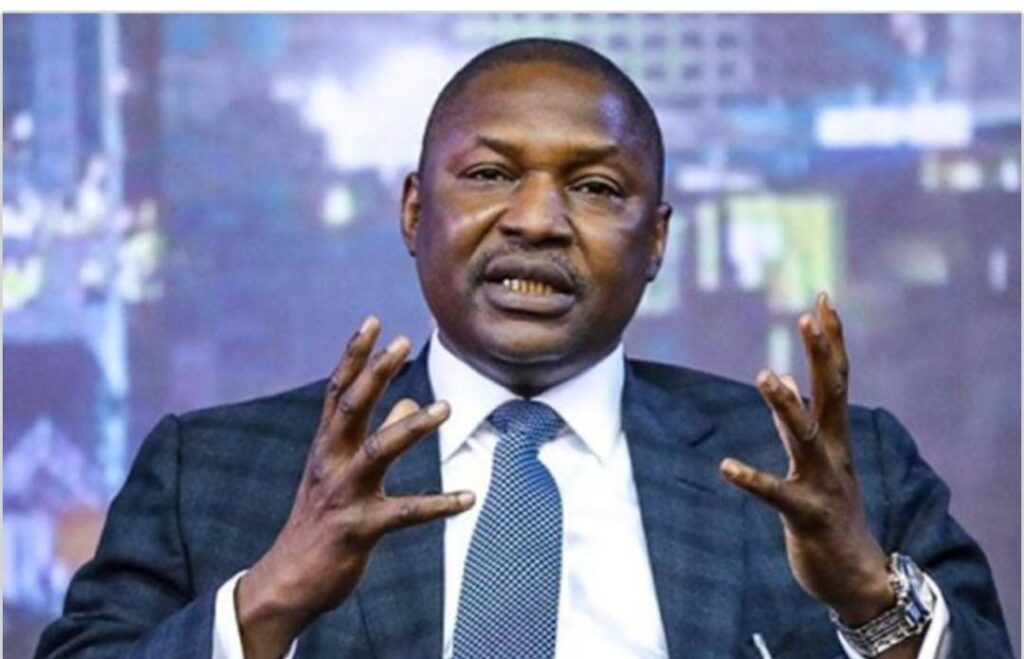Terrorism: Court Jail’s Ansaru Commander 15-Year Prison Sentence

A Federal High Court in Abuja has convicted and sentenced Mahmud Usman, a commander of the proscribed terrorist group Ansaru, to 15 years in prison.
The judgment, delivered on Thursday, September 11, 2025, by Justice Emeka Nwite, followed Usman’s admission of guilt to charges linking him to illegal mining activities that were used to generate funds for terrorism, kidnapping, and the purchase of arms.
Usman, who has long been on the watchlist of security agencies, was arraigned by the Department of State Services (DSS) on a 32-count charge covering terrorism financing, armed attacks, and other related offences.
He pleaded guilty to one count involving his role in unlawful mining, which prosecutors said was a crucial revenue source for Ansaru’s operations. The court, after considering his plea, sentenced him to fifteen years’ imprisonment.
Justice Nwite, however, ruled that Usman would remain in the custody of the DSS while awaiting trial on the remaining 31 charges. According to court records, these pending counts tie him to wider terrorist activities, including the supply of weapons, coordination of violent ambushes, and involvement in high-profile kidnappings.
Security officials described Usman, who is also known by aliases such as Abu Bara’a, Abbas, and Mukhtar, as one of Ansaru’s most influential field commanders.
They said his activities played a key role in sustaining the group’s resurgence in northern Nigeria, particularly through the use of proceeds from illegal mining in states like Zamfara, Kaduna, and Niger. The DSS has argued that the funds generated through this illicit trade were diverted into acquiring sophisticated arms and logistics to strengthen Ansaru’s capacity for attacks.
This, the agency noted, allowed the group to regroup despite sustained military pressure. Authorities have welcomed the conviction as a major breakthrough in efforts to weaken terrorist financing networks. Security analysts also view the judgment as a pointer to how extremist groups exploit criminal economies to sustain their campaigns.
“Cutting off these revenue streams is as important as dismantling their camps,” one analyst said, urging a stronger clampdown on illegal mining operations nationwide. The National Security Adviser and other security chiefs recently confirmed intensified operations against terrorist commanders, including the arrest of several top Ansaru figures. Officials maintain that more prosecutions will follow as investigations continue.
Human rights advocates, however, have called for transparency and adherence to due process as Usman faces trial on the outstanding charges. They emphasize the need for justice not only to punish perpetrators but also to bring closure to communities devastated by terrorist violence. The sentencing of Mahmud Usman is the first concrete legal outcome from the government’s recent counter-terrorism drive.
Yet, observers caution that with Ansaru still active in some northern states, the conviction represents only one phase in the long and complex struggle to secure Nigeria from extremist violence and criminal exploitation.







